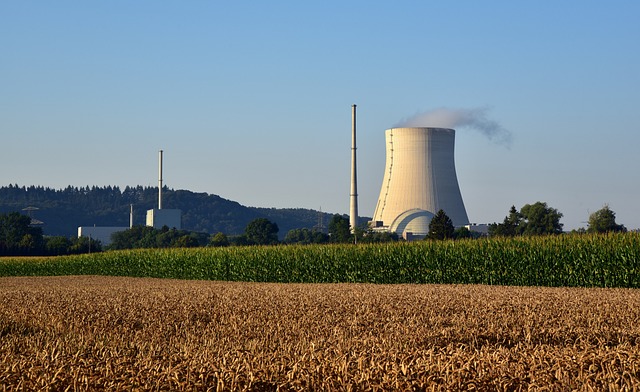
On Nuclear Energy, Italy has a Complicated and Controversial History, Especially in Recent Years.
In recent decades, the debate over nuclear power in Italy has taken centre stage, with supporters emphasizing its potential to reduce greenhouse gas emissions and energy dependence on other countries and opponents fearing negative effects on safety, especially in reference to the difficult geopolitical situation of the last period, and the environment.
The history of nuclear power in Italy dates back to the 1950s, when the country began to consider the use of this technology for civilian purposes. In 1955, Italy signed an agreement with the United States for nuclear cooperation, paving the way for the construction of the first power plants. The first Italian nuclear structure, called Enrico Fermi, came into operation in 1964 but the related program has always been characterized by too many ups and downs to guarantee the necessary longevity. In 1987, following the Chernobyl disaster, Italy held a national referendum in which citizens voted to shut down the country’s nuclear program. The result of the referendum led to the closure of existing Italian nuclear power plants and imposed a ban on building new ones. This ban remained in force for many years, but, recently, nuclear power has returned to the centre of discussions.
In 2008, the Italian government, under the leadership of Prime Minister Silvio Berlusconi, announced plans to reinstate the nuclear program which, however, sparked heated debate in Italian society. In 2011, following the Fukushima nuclear accident in Japan, the Italian government once again decided to abandon nuclear power to avoid the same critical issues caused by a geological disaster, which has always been very probable on the peninsula.
Currently, Italy has no nuclear power plants in operation, but discussions about nuclear power continue and many supporters believe that nuclear energy is a clean, low-impact energy source that could help reduce greenhouse gas emissions. and harmful dependence on foreign energy sources. On the other hand, opponents highlight the risks associated with nuclear power plants, particularly in a seismic country like Italy, and denounce the concern regarding the disposal of nuclear waste and the safety of the power plants themselves. While some political forces continue to support a return to nuclear energy as part of a strategy to combat climate change, others are strongly against it. The issue is complicated by a number of factors, including public opinion, political trends and technological evolution.
One of the main challenges for nuclear power in Italy is the issue of safety, in fact, the country is located in a seismic area, which makes nuclear power plants particularly vulnerable to earthquakes. Another challenge is the management of nuclear waste which should be disposed of in a safe and controlled manner, therefore requiring a long-term nuclear programme.
In an age where climate change is an increasingly urgent threat, many believe nuclear power could play an important role in the transition to a more eco energy system, and evolving technology could offer safer and more sustainable solutions. Ongoing research into advanced nuclear reactors, known as fourth-generation reactors, which promise higher levels of safety and less nuclear waste production, would seem to promise excellent results. If these technologies prove reliable, they could make nuclear energy a more acceptable source of energy, for the public opinion.
The future of nuclear power in Italy will depend on how the country faces the challenges related to security, nuclear waste management and public opinion. Technological developments could offer opportunities for safer and more sustainable nuclear power plants. In a world looking for solutions to climate change, nuclear power may have a role to play, but it is essential that this is addressed responsibly. Ultimately, the future of nuclear power in Italy remains uncertain, but it is a topic that will continue to be the subject of discussion and debate in Italian society.



 Subscribe
Subscribe